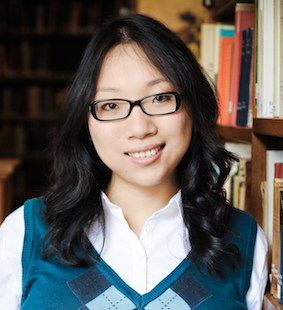Lu Feng
University of Virginia
Research Overview
Cyber-physical systems (CPS) are increasingly being deployed throughout society and revolutionizing a range of applications domains such as transportation and healthcare. While tremendous progress has been made in advancing CPS technologies over the past decades, the safety assurance of CPS still poses significant challenges, which can lead to catastrophic failures (e.g., self-driving car crashes, robot-caused fatalities). My research focuses on assuring the safety and trustworthiness of CPS. Specifically, my current research tackles challenges in the following themes.
Safety of AI-enabled CPS
The data-rich nature (e.g., enormous sensing data) of CPS has resulted in AI and machine learning technologies increasingly being embedded in CPS. Nevertheless, many existing AI systems lack safety guarantees. My research develops novel approaches that integrate formal methods and AI algorithms to provide mathematically rigorous guarantees about the safety of AI-enabled CPS. Some of my recent papers in this theme include
Safe POMDP Online Planning among Dynamic Agents via Adaptive Conformal Prediction
Shili Sheng, Pian Yu, David Parker, Marta Kwiatkowska, and Lu Feng.
IEEE Robotics and Automation Letters, 2024
Safe POMDP Online Planning via Shielding
Shili Sheng, David Parker, and Lu Feng.
IEEE International Conference on Robotics and Automation (ICRA), 2024
Safe Multi-Agent Reinforcement Learning via Shielding
Ingy Elsayed-Aly, Suda Bharadwaj, Christopher Amato, Rüdiger Ehlers, Ufuk Topcu, and Lu Feng.
International Conference on Autonomous Agents and Multiagent Systems (AAMAS), 2021
Predictive Monitoring with Logic-Calibrated Uncertainty for Cyber-Physical Systems
Meiyi Ma, John Stankovic, Ezio Bartocci, and Lu Feng.
ACM Transactions on Embedded Computing Systems, 2021
STLnet: Signal Temporal Logic Enforced Multivariate Recurrent Neural Networks
Meiyi Ma, Ji Gao, Lu Feng, and John Stankovic.
Thirty-fourth Conference on Neural Information Processing Systems (NeurlPS), 2020
Trust in Human-CPS
There is a growing trend toward human-CPS, where systems collaborate or interact with humans to harness complementary strengths of humans and autonomy. My research develops novel approaches that model and reason about human behavior, improve human's trust and increase the system transparency by providing explanations about the automation. Some of my recent papers in this theme include
Trust-Aware Motion Planning for Human-Robot Collaboration under Distribution Temporal Logic Specifications
Pian Yu, Shuyang Dong, Shili Sheng, Lu Feng, and Marta Kwiatkowska.
IEEE International Conference on Robotics and Automation (ICRA), 2024
Planning for Automated Vehicles with Human Trust
Shili Sheng, Erfan Pakdamanian, Kyungtae Han, Ziran Wang, John Lenneman, David Parker, and Lu Feng.
ACM Transactions on Cyber-Physical Systems, 2022
Explainable Multi-Agent Reinforcement Learning for Temporal Queries
Kayla Boggess, Sarit Kraus, and Lu Feng.
International Joint Conference on Artificial Intelligence (IJCAI), 2023
Toward Policy Explanations for Multi-Agent Reinforcement Learning
Kayla Boggess, Sarit Kraus, and Lu Feng.
International Joint Conference on Artificial Intelligence (IJCAI), 2022
Multi-Objective Controller Synthesis with Uncertain Human Preferences
Shenghui Chen, Kayla Boggess, David Parker, and Lu Feng.
ACM/IEEE International Conference on Cyber-Physical Systems (ICCPS), 2022
DeepTake: Prediction of Driver Takeover Behavior using Multimodal Data
Erfan Pakdamanian, Shili Sheng, Sonia Baee, Seongkook Heo, Sarit Kraus, and Lu Feng.
ACM Conference on Human Factors in Computing Systems (CHI), 2021
Formal Methods for Large-Scale CPS
The prevalence of smart and connected devices has enabled the emergence of large-scale CPS testbeds such as smart cities, which include millions of sensors and actuators. Failure of safety assurance can result in conflicts among smart services or even catastrophic outcomes. My vision is to develop scalable formal methods that can assure real-time operations of smart services at a city scale satisfying safety and performance requirements. Some of my recent papers in this theme include
Towards Formal Methods for Smart Cities
Meiyi Ma, John Stankovic, and Lu Feng.
IEEE Computer, 2021
A Novel Spatial-Temporal Specification-Based Monitoring System for Smart Cities
Meiyi Ma, Ezio Bartocci, Eli Lifland, John Stankovic, and Lu Feng.
IEEE Internet of Things Journal, 2021
Please check my Google Scholar page for a more complete list of publications.
Sponsors
I gratefully acknowledge ongoing and past support from National Science Foundation (CCF-2131511, CCF-1942836, CNS-1739333, CRII CNS-1755784), National Institutes of Health, Office of Naval Research, Air Force Office of Scientific Research,Toyota InfoTech Labs, Assuring Autonomy International Programme, 4-VA Collaborative Research Grant, James S. McDonnell Foundation, Center for Innovative Technology, Northrop Grumman Corporation, and UVa SEAS.


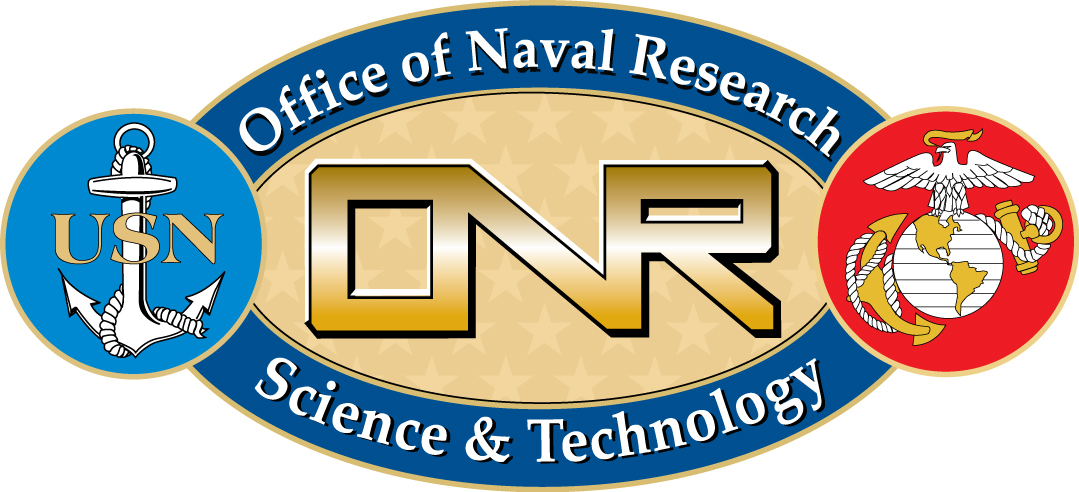
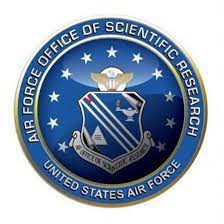

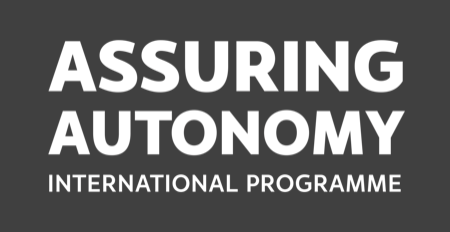
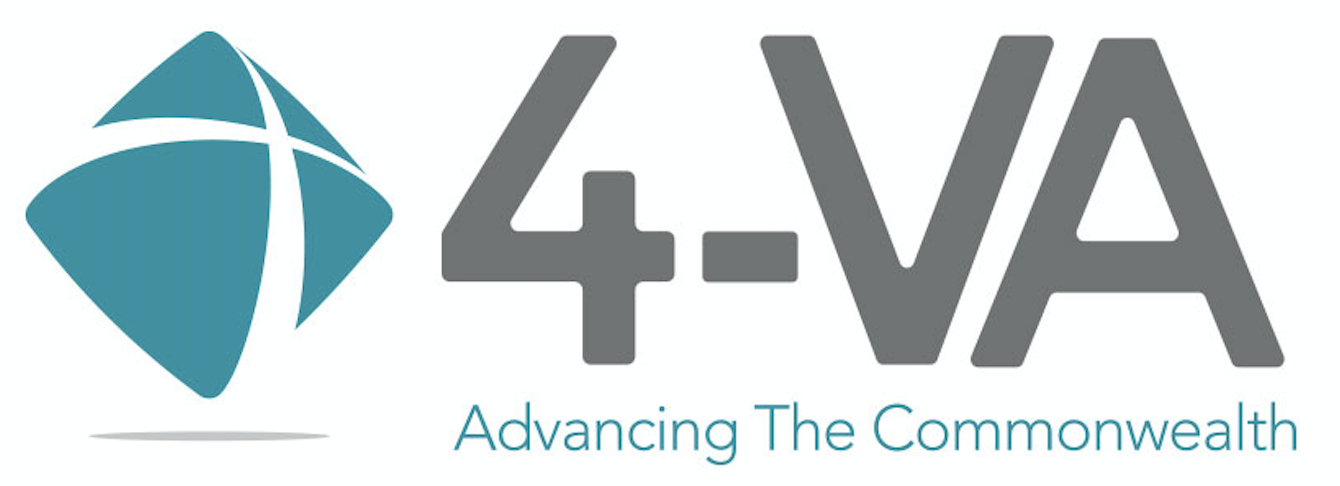
![]()

![]()

